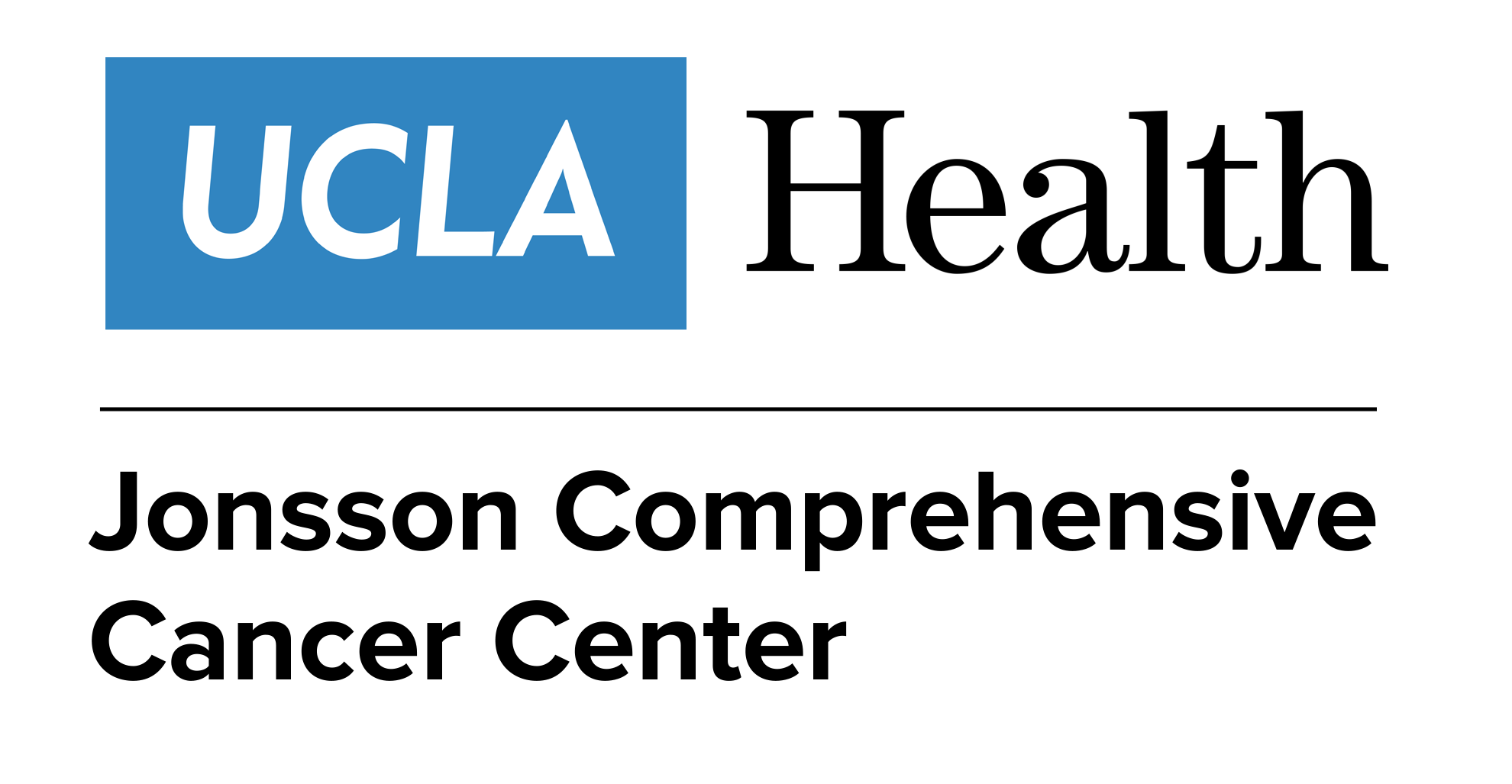- Advertise
- About OncLive
- Editorial Board
- MJH Life Sciences brands
- Contact Us
- Privacy
- Terms & Conditions
- Do Not Sell My Information
2 Clarke Drive
Suite 100
Cranbury, NJ 08512
© 2025 MJH Life Sciences™ and OncLive - Clinical Oncology News, Cancer Expert Insights. All rights reserved.
Dr. Memarzadeh on the Potential for Frontline Combinations in Ovarian Cancer
Sanaz Memarzadeh, MD, PhD, discusses the potential for frontline combination therapy regimens in ovarian cancer.
Sanaz Memarzadeh, MD, PhD, professor with tenure, gynecologic cancer surgeon, Department of Obstetrics and Gynecology, University of California Los Angeles (UCLA) Ronald Reagan Hospital, gynecologic oncology staff and gynecologic cancer surgeon, VA Hospital, director, G.O. Discovery Laboratory, UCLA Broad Stem Cell Research Center, affiliate oncologist, The Ovarian Cancer Circle Inspired by Robin Babbini, UCLA Health, discusses the potential for frontline combination therapy regimens in ovarian cancer.
Although platinum-based therapies are effective in treating patients with ovarian cancer, patients often relapse, Memarzadeh explains. One reason for these relapses could be that a pre-existing population of tumor cells that are resistant to therapy repopulate the cancer after being dormant. As such, utilizing combination therapies in the frontline setting could target this cell population and prevent relapses, Memarzadeh says.
Clinical trials are needed to evaluate such combinations in patients with ovarian cancer, who often present with advanced-stage disease and are eligible for neoadjuvant chemotherapy. As such, patients could be treated with standard chemotherapy combined with biologic agents to potentially target the resistant tumor cell population, Memarzadeh says.
Notably, these clinical trials should be well-designed and incorporate extensive translational end points to provide insight into the tumor cell populations. Although funding remains an unmet need for these studies, frontline combination strategies could effectively cure patients early and prevent disease recurrences, Memarzadeh concludes.


